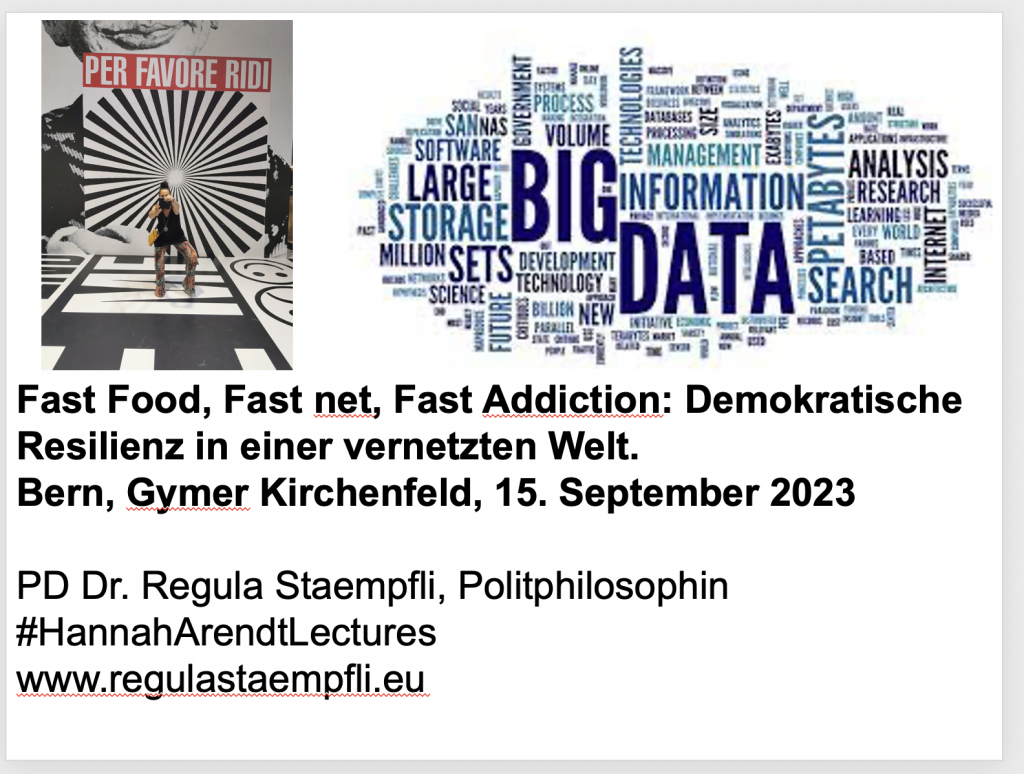
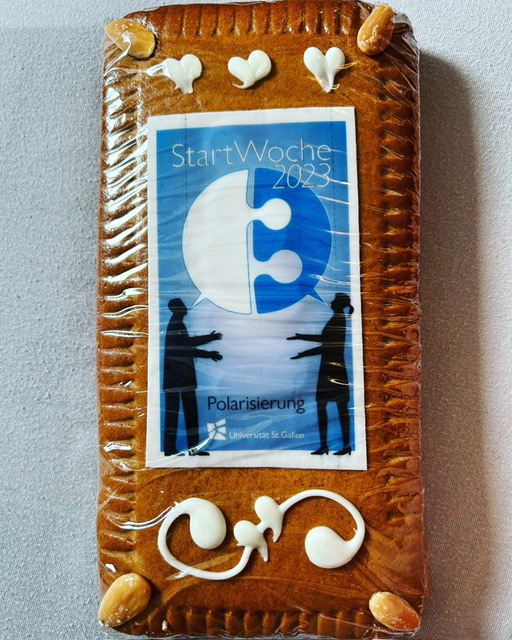

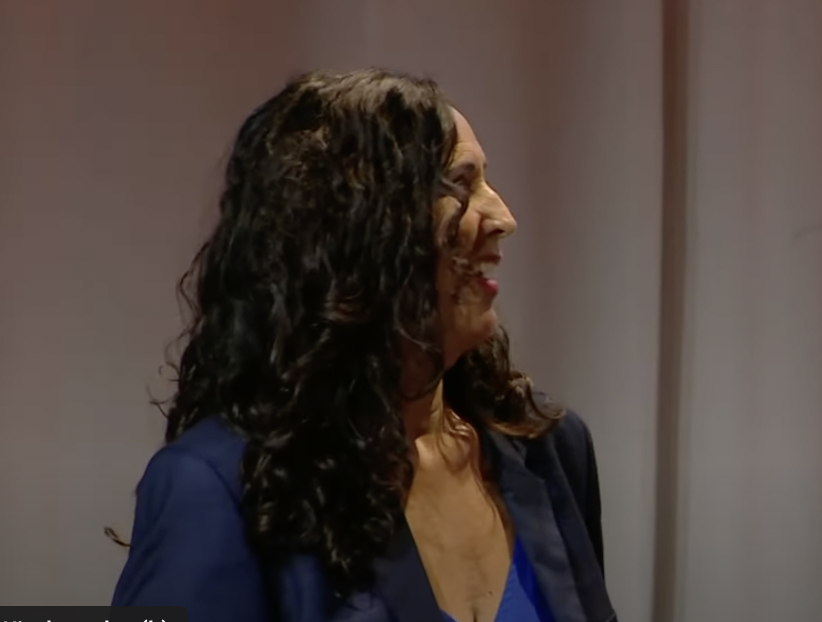
“Resilienz in einer vernetzten Welt: Demokratie stärken.” Podiumsgespräch am Swiss Telecommunication Summit mit Regula Stämpfli. Hier ein Livemitschnitt der asut. 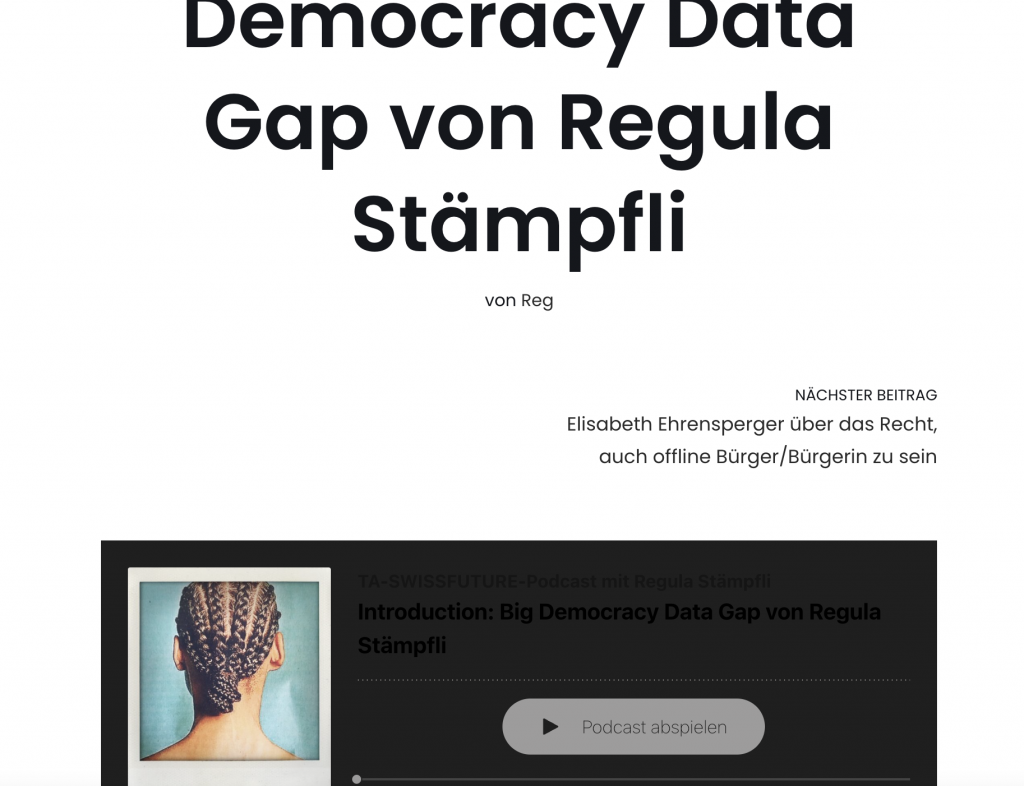
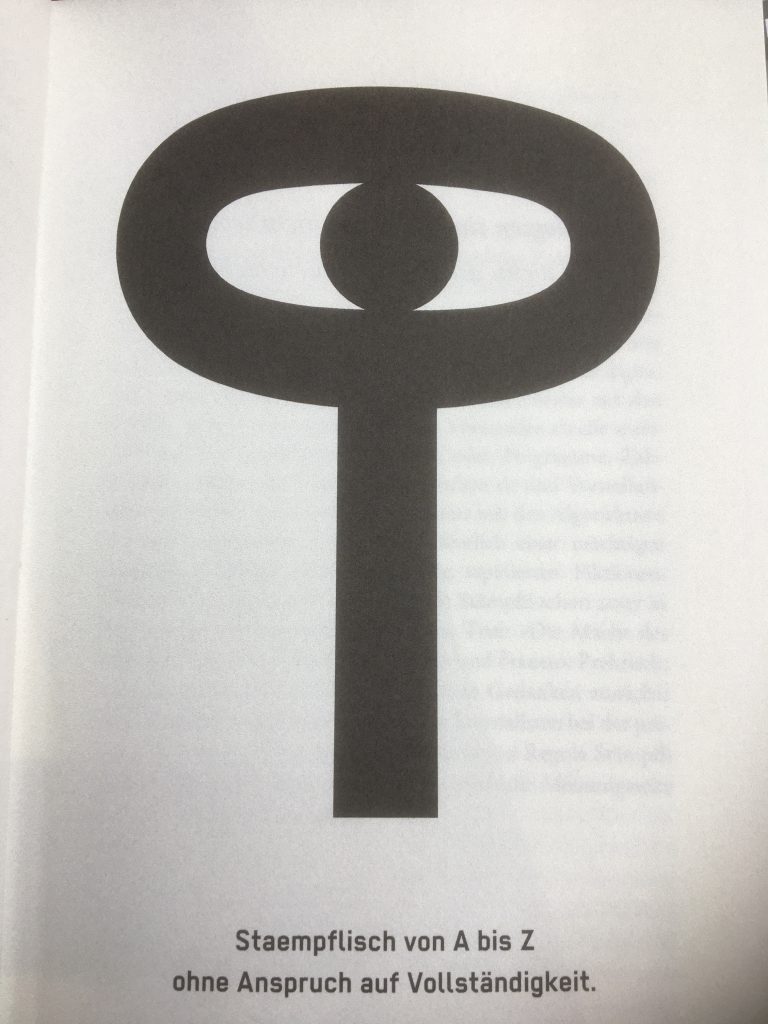
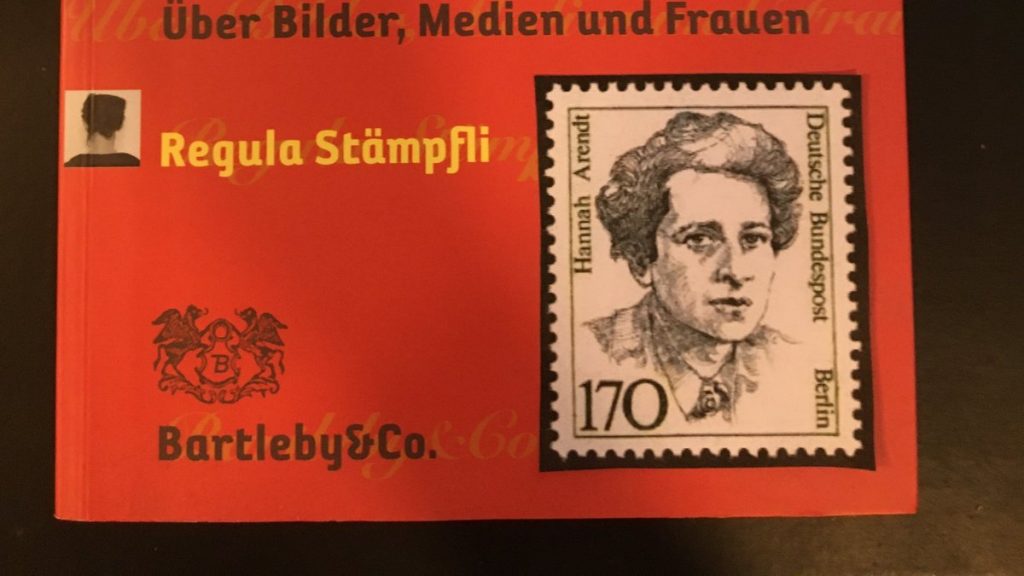
Regula Staempflis Hannah Arendt Buch das “Die Macht des richtigen Friseurs” die beginnenden digitalen Medienmechanismen aufzeigt: Zwei Auflagen, Bestseller 2007 und 2008 Bartleby & Co. 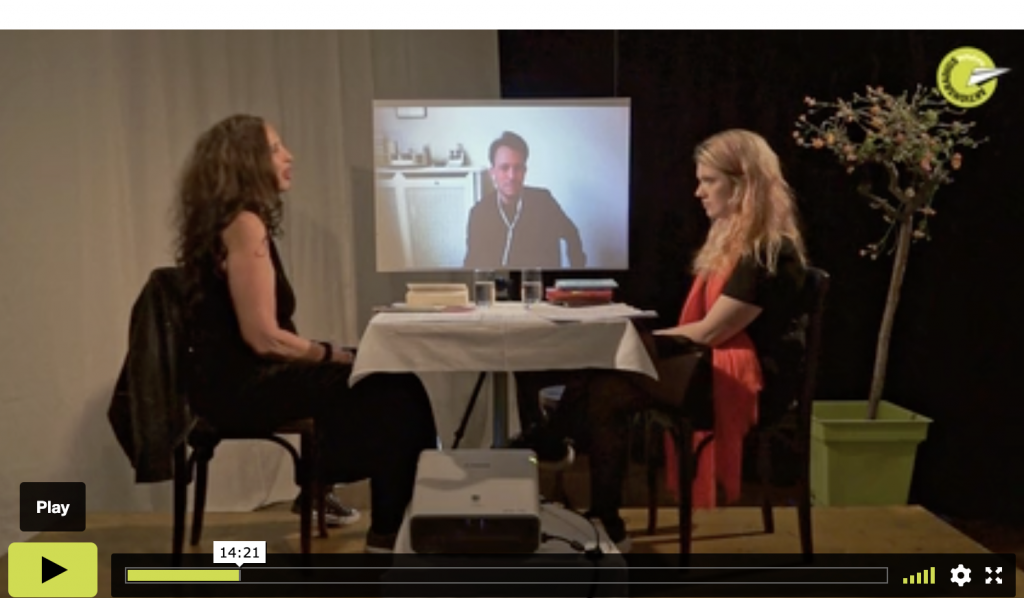
von links laStaempfli Thomas Meyer Ania Gleich. Hannah Arendt Talks Mai 2022.
laStaempfli™ is the brand of Dr. Regula Staempfli – political philosopher, bestselling author, and one of Europe’s most provocative voices on democracy in the algorithmic age. Long before today’s debates, she was calling out sexism and algorithmic bias on the TEDx stage in 2013, and in 2016 she coined the principle “Not Data without Representation” – anticipating today’s struggles over AI, power, and digital governance.
Known for her sharp wit and forward thinking, laStaempfli connects politics, media, and technology with cultural critique and gonzo storytelling. She makes visible how algorithms, codes, and narratives don’t just describe our world – they shape it. Her guiding principle is simple, powerful, and universal:
“Every human has the right to count equally – especially in the algorithmic age.“ laStaempfli™
Why I’m Bringing Back My TEDx Talks
2013 – the TEDx Team got the title wrong and it stays since then, MY TITLE WAS: WHY WINNIE THE POOH IS RIGHT AND GOOGLE IS WRONG – IT IS CLEAR FROM MY TEDx Talk: Watch https://www.youtube.com/watch?v=54iXI37qyAA
2016: TEDx “No Data Without Representation” – a clear principle deriving from “No Taxes Without Representation.” What a forward Talk that was. https://www.youtube.com/watch?v=zWTtCfvntUU
Some ideas arrive before their time.
In 2013, I stood on a TEDx stage and spoke about sexism and algorithmic bias — years before the mainstream began to grasp how deeply technology shapes power. In 2016, I introduced the principle “Not Data without Representation” — a demand for democratic accountability in an age of code and automation. Today, these talks feel more urgent than ever. As artificial intelligence, social media, and big data systems increasingly govern our lives, the question of who counts and how is not abstract philosophy. It is the future of democracy itself.
Revisiting these talks is not nostalgia. It is a reminder: We saw it coming. We have the language. And we must act.
Watch the talks. Share them. Use them. They are part of a larger conversation I continue to lead under the name laStaempfli™: making visible how algorithms and narratives do not just describe our world — they shape it.
